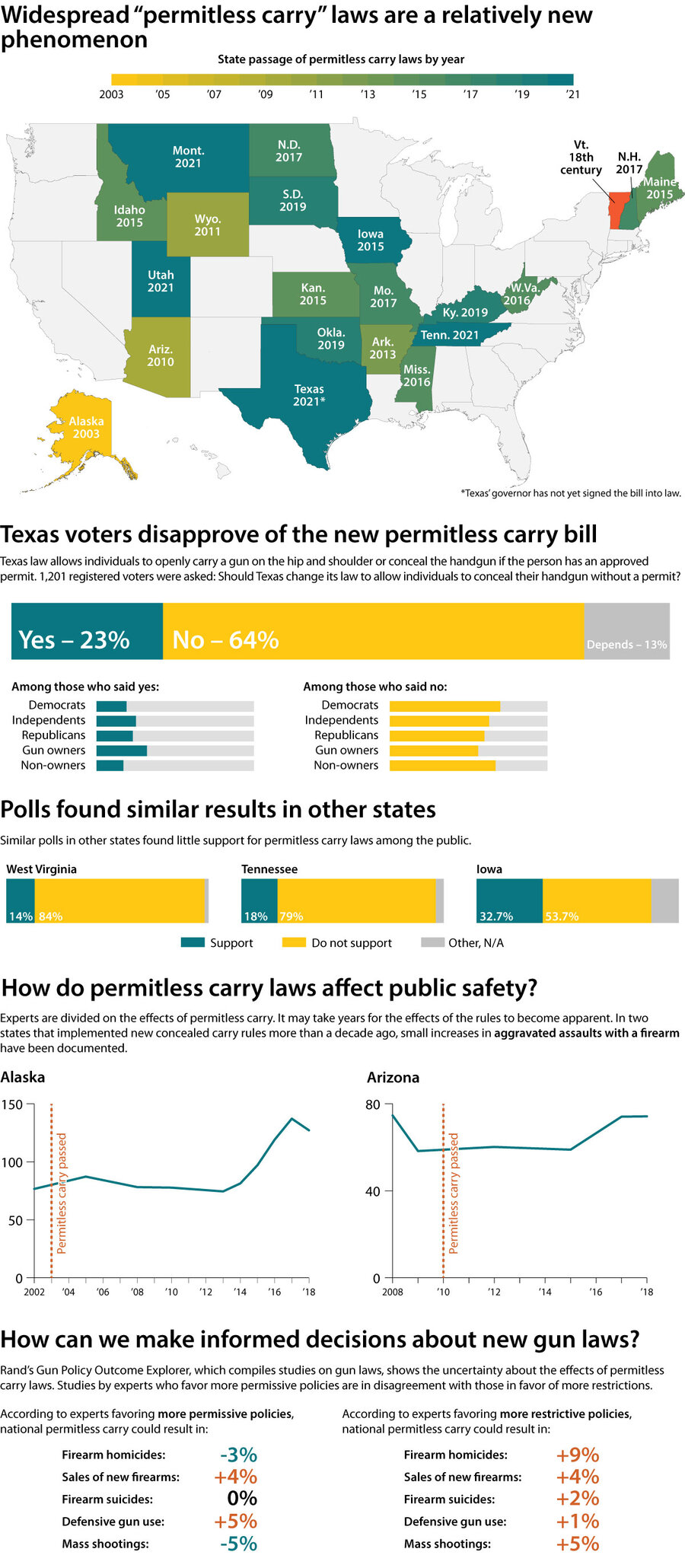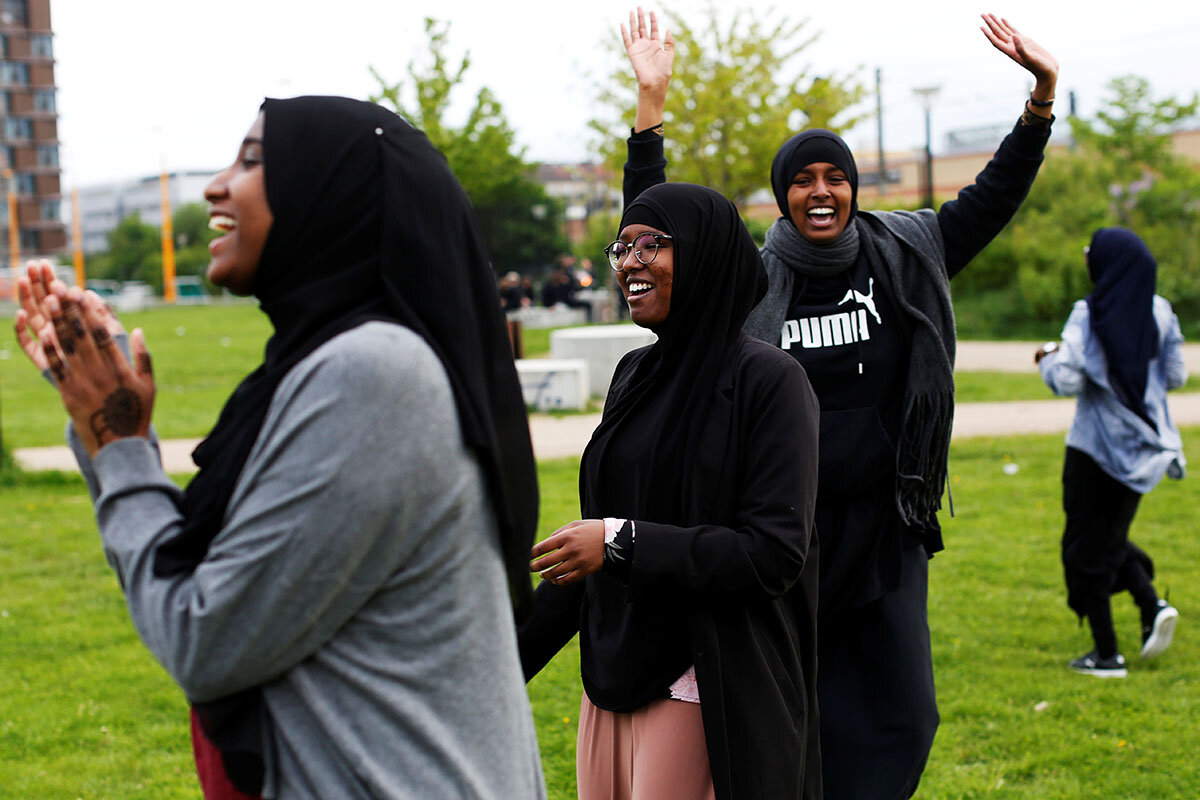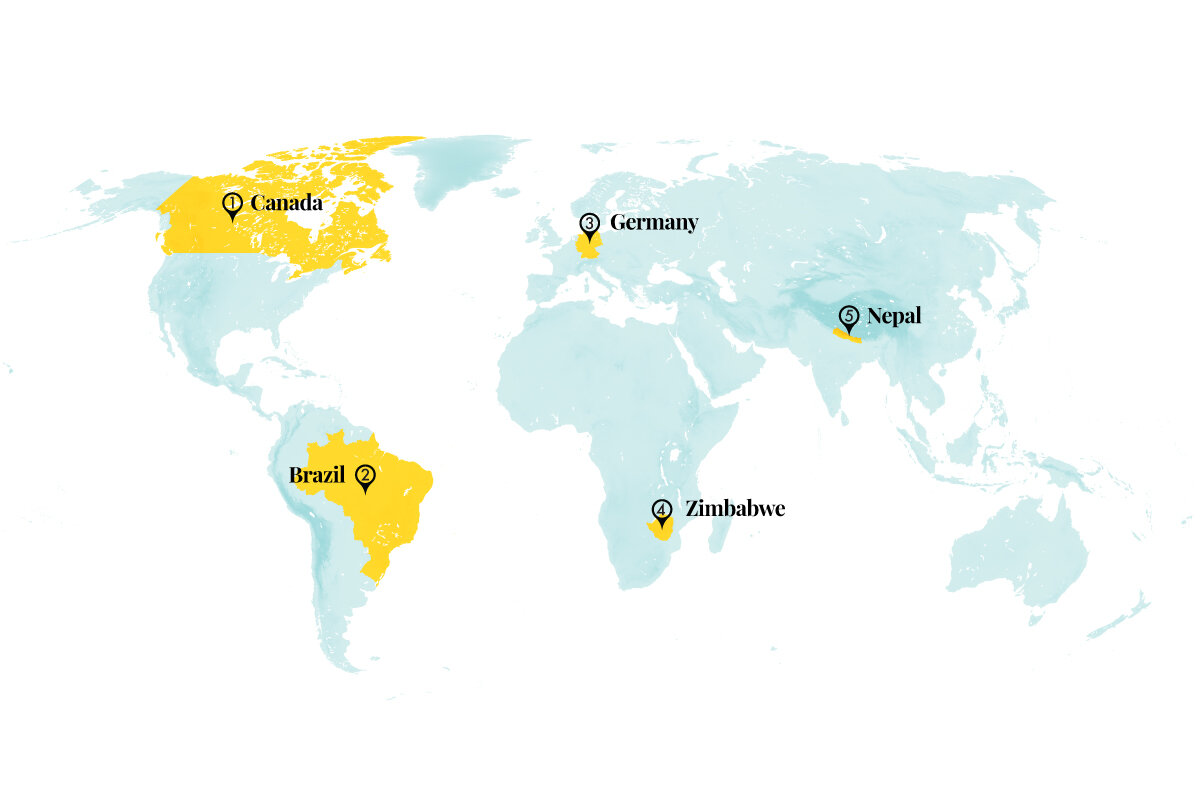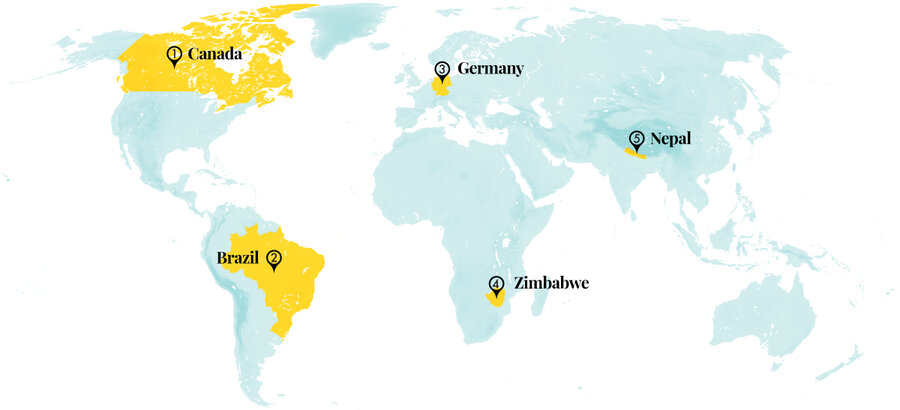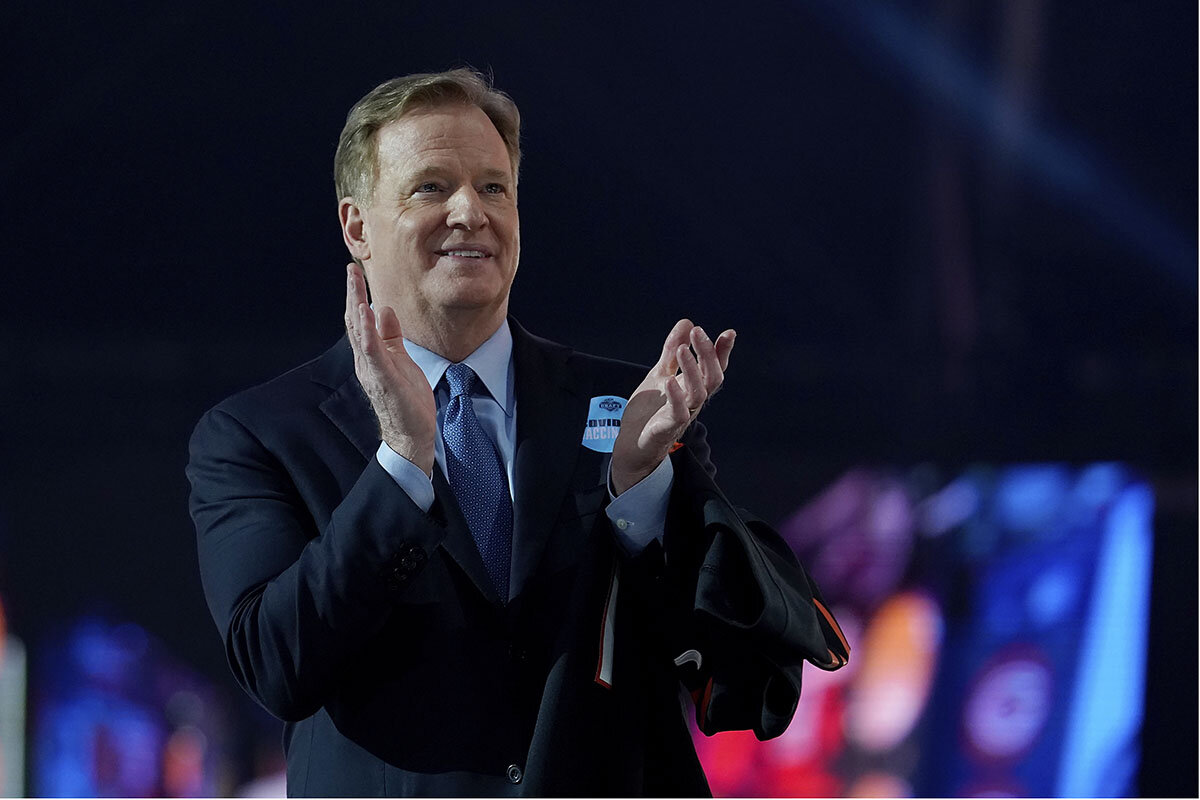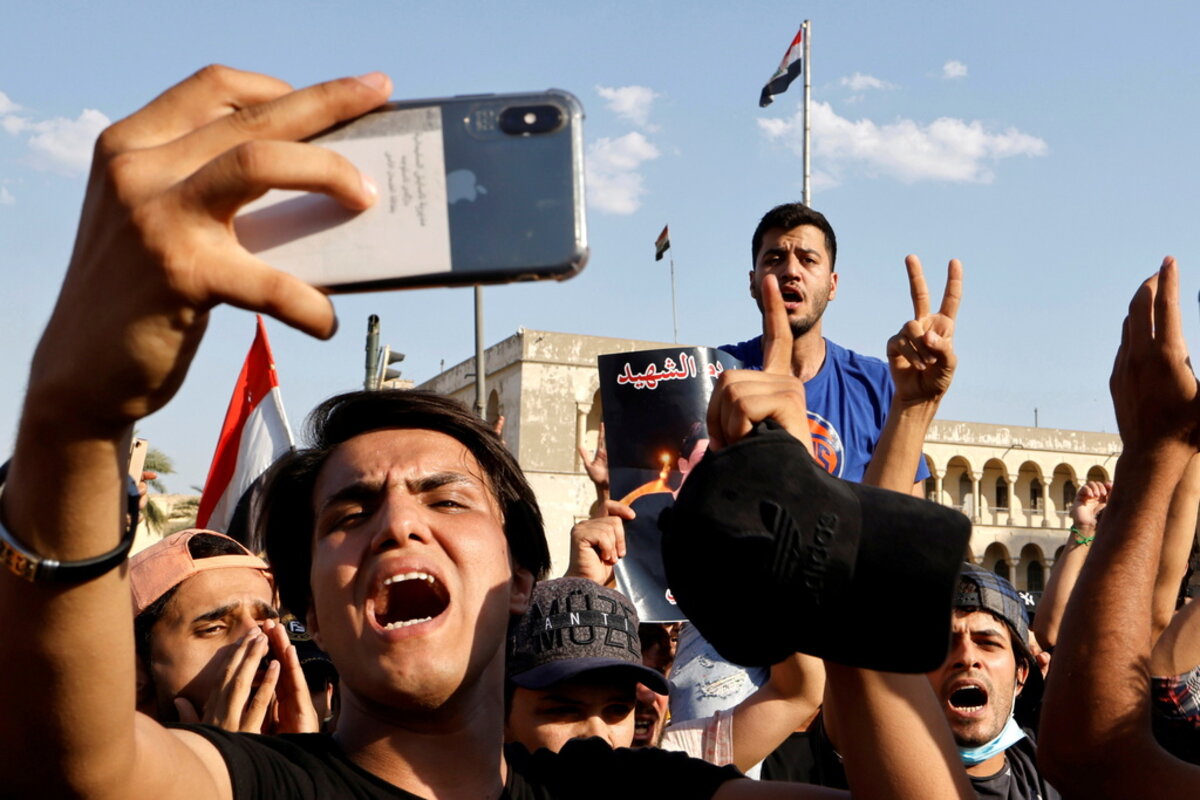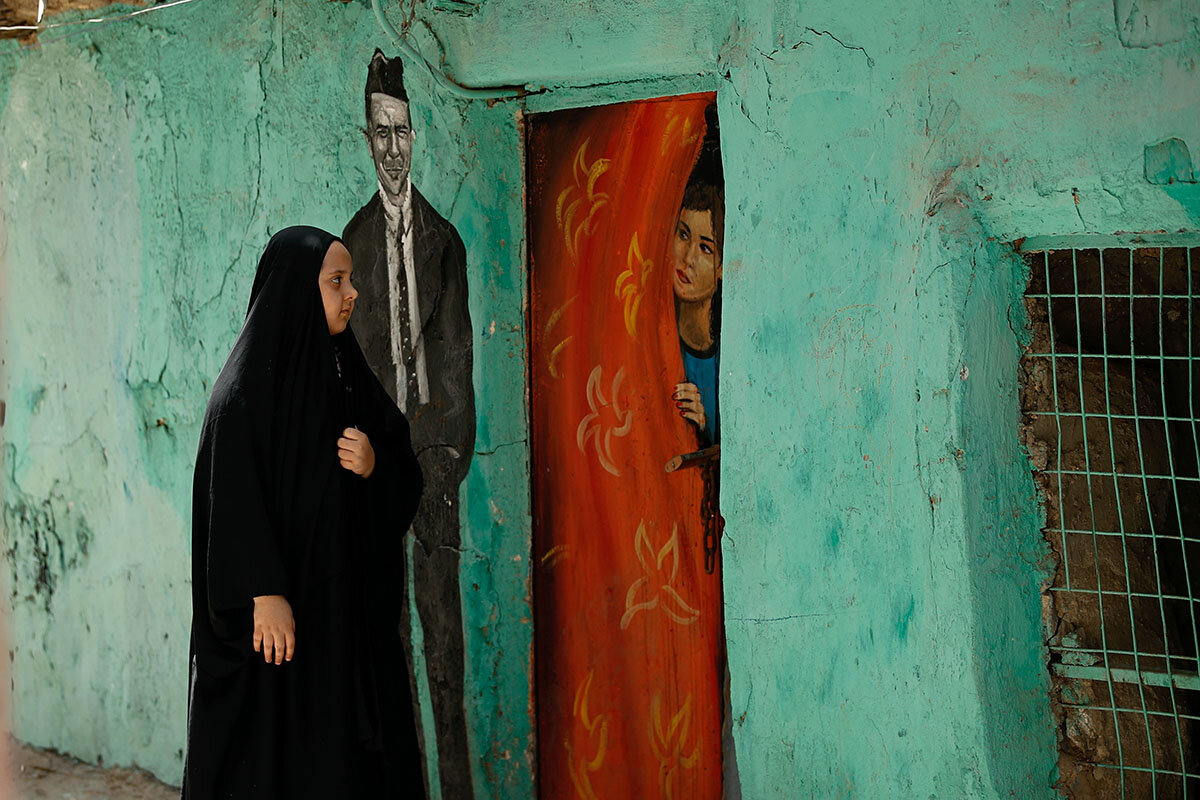We look at why businesses and politicians across the spectrum are embracing carbon capture as a way to reduce greenhouse gas emissions. But some environmentalists say it’s only a stopgap solution.
Monitor Daily Podcast
- Follow us:
- Apple Podcasts
- Spotify
- RSS Feed
- Download
 David Clark Scott
David Clark Scott
Graduating from high school is a major milestone. You and your friends put on the unifying robes of medieval scholars to collect a diploma. Families gather in the bleachers with signs. It’s a celebration of achievement, a rite of passage.
So when Timothy Harrison asked his boss at the Waffle House in Center Point, Alabama, to get May 27 off to go to his graduation ceremony, “Of course,” Cedric Hampton replied. “It’s your big day!”
But on graduation day, Mr. Harrison showed up at the Waffle House, in his work uniform. Mr. Harrison told his puzzled boss that he couldn’t get a ride across town to the ceremony. Besides, he couldn’t get tickets for his family members because he hadn’t completed his “senior activities” at Woodlawn High School.
But that didn’t wash with his Waffle House workmates. Shantana Blevins drove Mr. Harrison to the high school to get his cap and gown. Meanwhile, Mr. Hampton and two other employees ran to a nearby store to buy clothing appropriate for the event. Mr. Harrison returned to the Waffle House and changed into new pants, a dress shirt, and tie. His boss helped him into the gold-and-green graduation gown. Ms. Blevins raced him to the ceremony, and then waited for him in the parking lot.
“When I sat down in that auditorium it was the best moment of my life,” Mr. Harrison told WBRC-TV in Birmingham, Alabama. “Nobody should miss that, especially a good kid like this,” said Mr. Hampton. “I couldn’t let him miss that day.”






